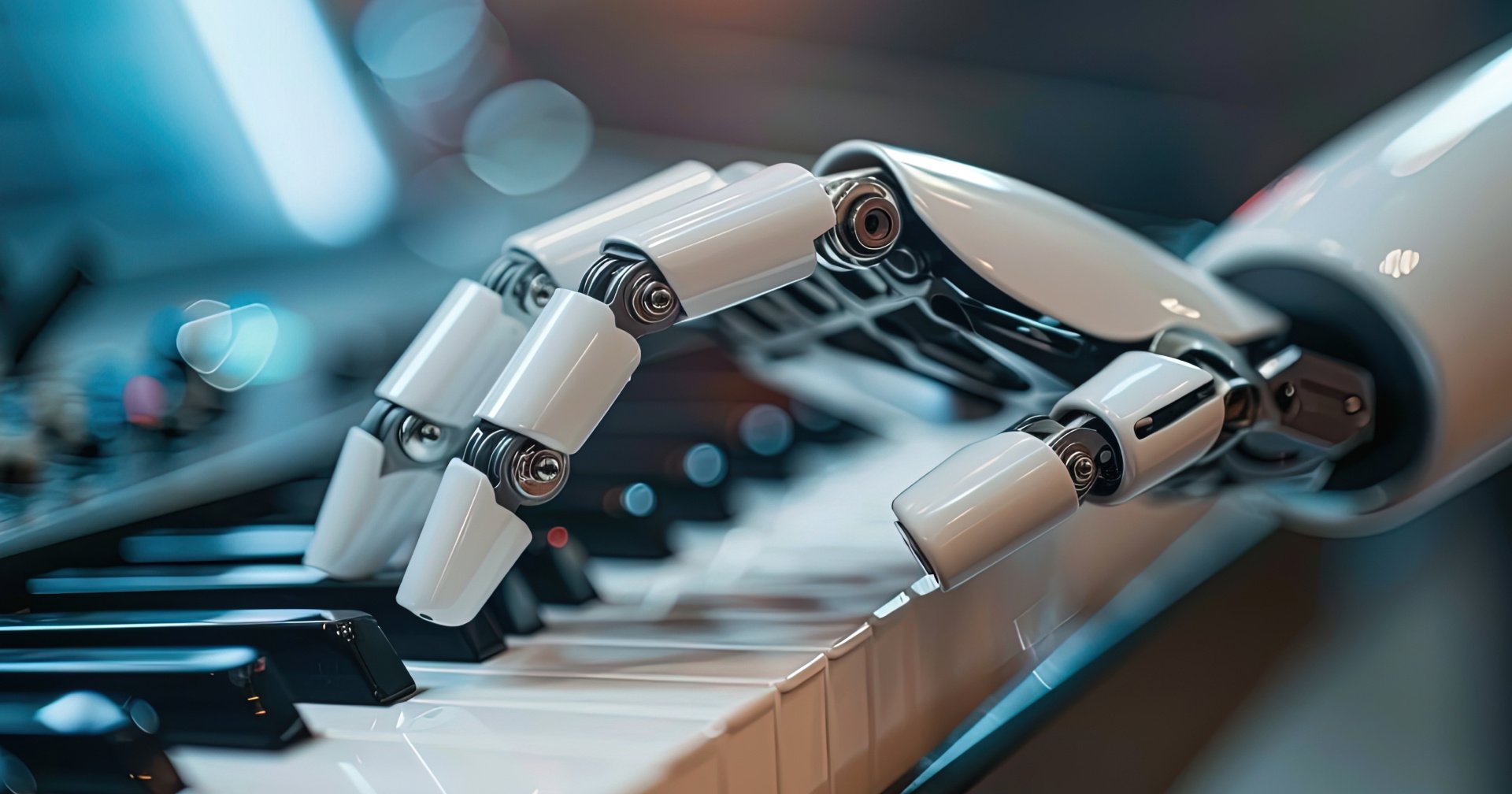
The internet went into overdrive when the song “Heart on My Sleeve” first dropped. Fans were on cloud nine, fully convinced that Drake and The Weeknd had just casually dropped a surprise collaboration. Social media lit up with excitement as listeners praised the track, thinking it was another hit from two of music’s biggest creators—and could a whole album be on the way?
But as the song racked up millions of streams on TikTok, the truth surfaced—this wasn’t a new Drake and The Weeknd collab. In fact, it wasn’t them at all.
The track was created by a TikTok user, Ghostwriter977, using artificial intelligence to perfectly mimic the two artists’ voices. The revelation sent shockwaves across the industry, raising eyebrows and questions about the role of AI in music.
Was this the beginning of a new era where anyone could drop a hit using AI? Or was it a sign of the potential chaos that could unravel the music world as we know it? Either way, the controversy exploded when Universal Music Group stepped in, demanding the song be taken down, sparking debates about creativity, ethics, and the future of music.
The Rise of AI as a Creative Partner
AI-generated music is a polarizing topic; depending on who you ask, it’s either the next big innovation or a cultural catastrophe waiting to happen.
There’s no doubt that artificial intelligence is changing the music industry, but the question remains: is it a tool to unlock new creative frontiers, or is it a threat to the authenticity and soul of music as we know it?
These technologically capable algorithms compose everything from background music to full-fledged songs. Some argue it’s an incredible tool for musicians and producers, offering new ways to experiment with sound, composition, and genre — even overcoming writer’s block.
AI can generate infinite variations of a melody, compose background scores for films, or even write lyrics based on given parameters. Platforms like AIVA and Amper Music allow artists to collaborate with AI, helping speed up production while offering fresh perspectives on composition.
AI is more than just a tool for those pushing boundaries—it’s a creative partner. It allows artists to break away from traditional musical structures and unlocks a world of possibilities.
Efficiency Over Emotion?
But here’s the flip side: AI doesn’t understand human emotion. It doesn’t have the lived experiences that often give music its soul. While an AI can generate a technically proficient melody, can it truly capture the emotional depth of a musician pouring their heart into a track?
Critics argue that AI-generated music can feel hollow, lacking the emotion and intention that comes from a human touch. Sure, AI can replicate patterns, styles, and formulas, but does it truly understand why certain notes make us feel a certain way? Many fear that relying too heavily on AI will lead to a flood of cookie-cutter music devoid of real emotion or authenticity.
The Ethical Concerns: Ownership & Creativity
There’s also a massive ethical question around ownership.
If an AI generates a song, who owns it? The programmer? The artist who guided the AI? This murky area of copyright law has raised concerns, particularly when AI-generated songs sound eerily similar to existing tracks.
AI isn’t creating the same way humans do—it’s mimicking patterns learned from analyzing thousands of songs. While this can lead to some seriously innovative results, it also raises the risk of accidental plagiarism or replication without intent.
Looking out for tomorrow, what does AI mean for the future of creativity? Are we moving toward a world where algorithms outpace human artists, churning out music by the minute? This raises concerns for musicians, producers, and even DJs, who worry about their roles being replaced by technology, much like other industries where automation has taken over.
Mainstream Acceptance?
Artist Grimes, known for her ethereal, rave-inspired sound, has embraced AI with her new project, Elf.Tech, allowing algorithms to replicate her voice and share in the profits. Her manager, Daouda Leonard, explained this decision in a Rolling Stone interview, highlighting Grimes’ belief that creativity is a conversation across generations.
“She often says that creativity is a conversation with those who came before us and those who are going to come after us…And so the idea is that instead of her attempting to control what is a gift from the universe, she’s like, ‘Well, let me opensource that. Let me allow people to access what the universe gave me as a gift. And if I do that, what are the new experiences that can be created out of that?”
By open-sourcing her voice, she invites others to explore new creative possibilities. This move (somewhat) aligns with her ex-partner, Elon Musk, and his investment in AI.
The Verdict: Imitation or Innovation?
AI-generated music is neither inherently good nor bad—it’s what we do with it that matters. For some, AI is a groundbreaking tool that opens doors to new creative possibilities. It can help musicians overcome writer’s block, streamline the composition process, or push musical boundaries. For others, it threatens music’s authenticity, potentially leading to a future where emotionless, algorithm-driven songs dominate the charts.
As AI continues to evolve, the music industry will need to strike a balance. Artists and creators will need to find ways to use AI as a tool while ensuring that the heart of music—its ability to move, inspire, and connect—remains in human hands.
Ultimately, AI-generated music can be a powerful partner, but without careful consideration, it risks turning the art of music into just another algorithmic output.
For more insight on the latest AI x music news, check out other blogs on our page.
